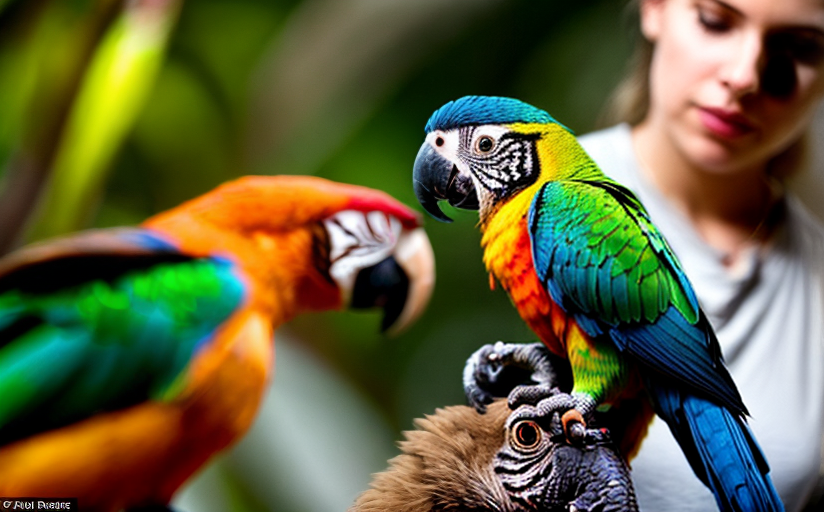Exploring the Ethical Implications of Keeping Exotic Pets
The debate surrounding exotic pet ownership lies at the intersection of animal rights, conservation, and human pleasure or status. This article offers a balanced view, exploring arguments from both sides of the fence, backed up with factual evidence and expert opinions.
Understanding Exotic Pets
Exotic pets are those that people do not traditionally keep domesticated. They range from reptiles and birds to less common mammals like monkeys and tigers. These animals typically have specific needs in terms of habitat, diet, and social structures, which may not be easy to accommodate in a domestic setting.
The Case Supporting Exotic Pet Ownership
Some proponents believe that keeping exotic pets can offer potential benefits for humans and contribute to conservation efforts. They argue that exotic pets can inspire interest and learning about species that are less known or misunderstood. An exotic pet owner might, for example, champion the cause of species preservation, educate others, or even preserve a species in danger of extinction.
Dr. Jane Smith, an ethologist, states, interactive encounters with animals can foster a deeper understanding and respect for wildlife and nature in the pet owners.
The Case Against Exotic Pet Ownership
Opponents, however, firmly state their concerns, focusing primarily on animal welfare, conservation worries, and public safety. Removing an animal from its natural habitat for personal pleasure or status, they argue, is ethically wrong and potentially damaging to both the animal and wider conservation efforts.
Dr. Paul Harrison, a wildlife biologist, highlights a critical concern saying, Most exotic animals are not suited for life in captivity, leading to many welfare issues. They are also often sourced through harmful, illegal wildlife trade.
Laws and Regulations Pertaining to Exotic Pet Ownership
Around the world, jurisdictions vary significantly in their regulations surrounding exotic pet ownership. Some countries, like Australia, have strict laws prohibiting most exotic pets. Others like the U.S. vary between states, with some states requiring permits and others having no restrictions at all.
It is important that anyone considering acquiring an exotic pet fully understands and complies with their local laws and strives to ensure that they can provide the necessary care for their potential new pet.
Conclusion
While the owning exotic pets might stimulate interest in conservation, the ethical implications regarding animal welfare, protection of species, and public safety are profound. The decision to own an exotic pet should involve careful consideration, mindful of the pet's needs and the implications for wildlife as a whole.


















Comments
Leave a Comment